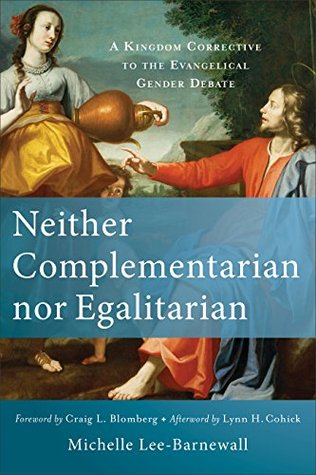In comparison with earlier times, the types of concerns that provided the fundamental basis for the second wave of evangelical feminism were more individualistic than those at the turn of the century or even in the 1950s. In this way the second movement reflected the ascendance of individualism in American culture48 as well as the rise of a consumerist and therapeutic culture and its emphasis on the perceived needs of the individual.49 While evangelicals were not unaware of the inherent dangers of a theology focused on the self,50 they continued to emphasize applying the Bible to meet these
...more
Welcome back. Just a moment while we sign you in to your Goodreads account.


